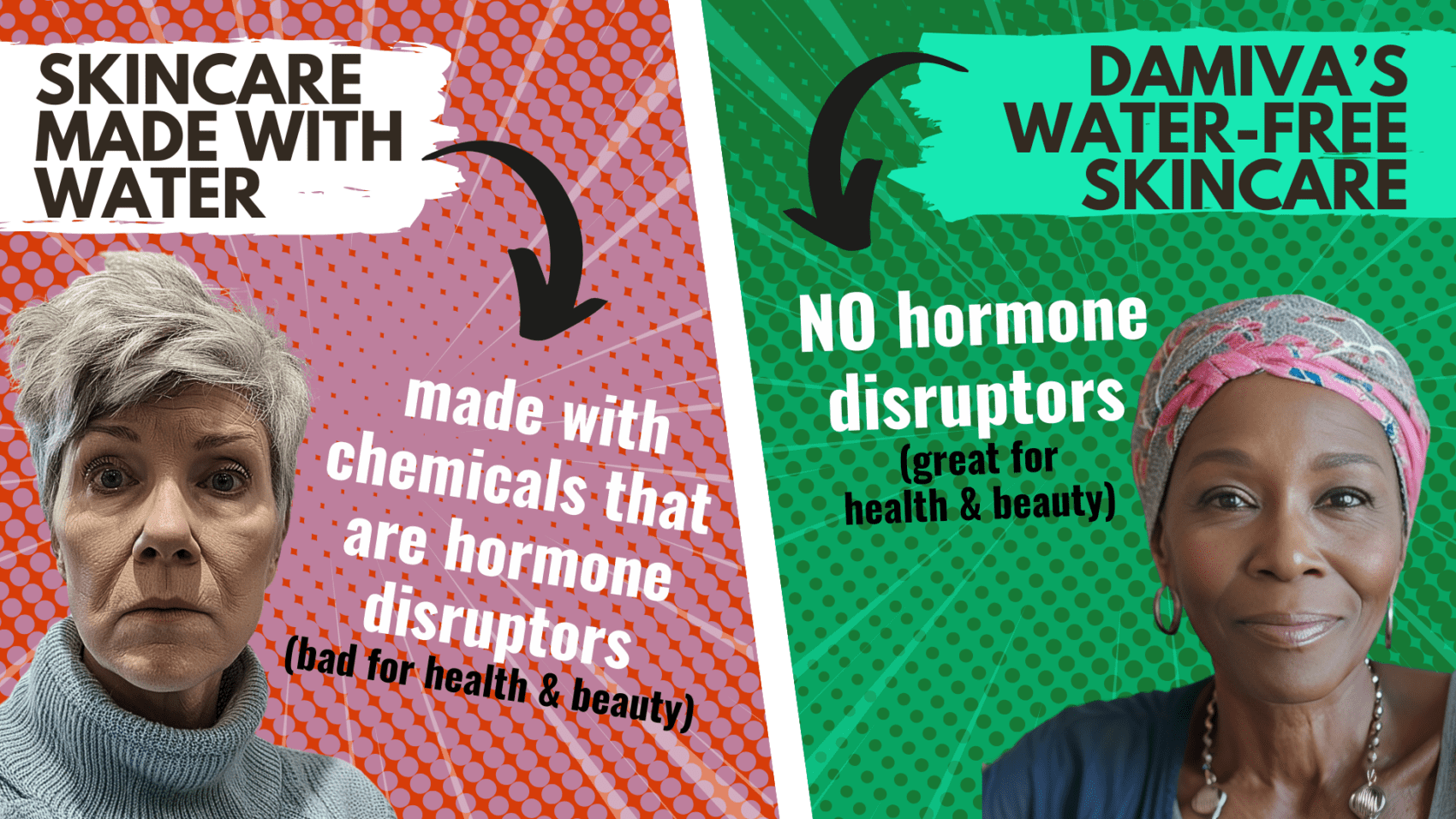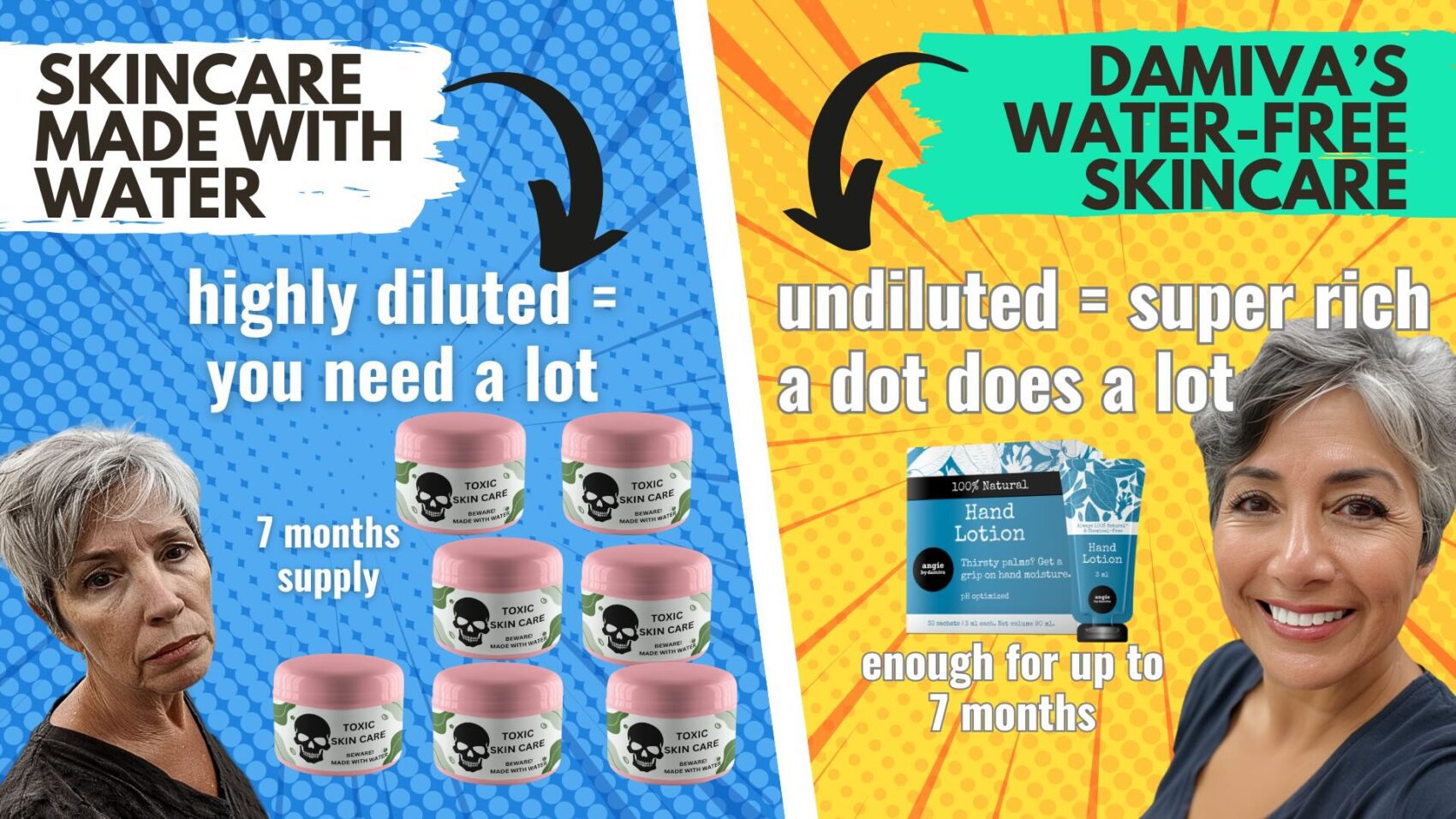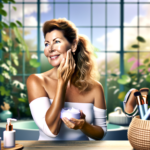Introduction
Understanding Environmental Stressors and Their Impact on Skin After 45
As we age, our skin becomes increasingly vulnerable to environmental stressors that can accelerate the aging process. After the age of 45, the skin’s natural defenses weaken, making it more susceptible to damage from ultraviolet (UV) radiation, pollution, and other external factors. These stressors can lead to oxidative stress, inflammation, and the breakdown of collagen and elastin, resulting in fine lines, wrinkles, and uneven skin tone. Understanding the specific challenges that environmental stressors pose to mature skin is the first step in developing an effective defense strategy.
The Importance of Skincare in the Context of Aging
Skincare is not merely a cosmetic concern; it is a vital aspect of overall health, especially as we age. Mature skin requires targeted care to address the changes that occur during the aging process. Proper skincare routines can help to fortify the skin’s barrier, maintain hydration, and protect against environmental aggressors. By prioritizing skincare, individuals over 45 can not only improve the appearance of their skin but also support its health and resilience.
Overview of Skin Changes During Perimenopause and Menopause
The hormonal fluctuations that occur during perimenopause and menopause can have a profound impact on the skin. Estrogen levels, which play a crucial role in maintaining skin thickness and moisture, decline during this period, leading to dryness, loss of elasticity, and a decrease in collagen production. These hormonal changes, combined with environmental stressors, can exacerbate the signs of aging. Recognizing these changes is essential for tailoring skincare practices to the needs of skin after 45.
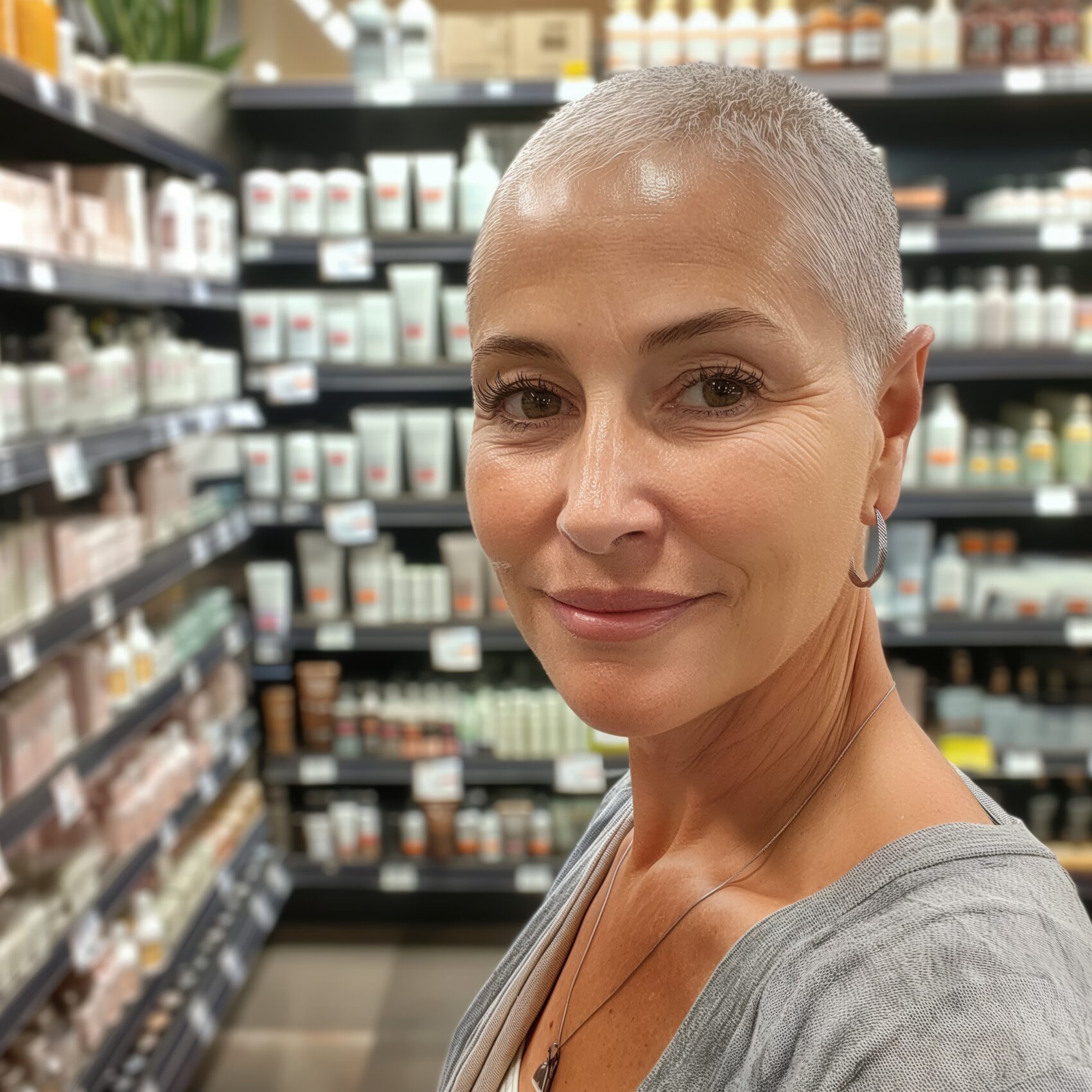
Finally Peace of Mind! NO more worries, no more hassle in checking the labels of creams and lotions.
I found skin care and beauty without chemicals. Chemicals in skin care are hormone disruptors and could turn out very bad for me. I need to stay away from them.
Safe ingredients, no doubts, no compromises and no false promises.
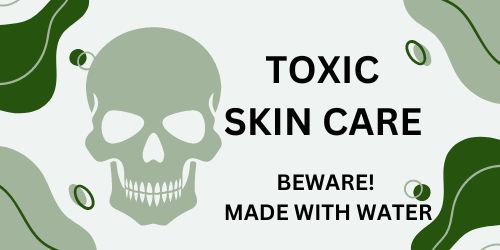
Do you have the most commonly used but toxic, disease bringing chemicals in your skin care? Many chemicals in skincare are hormone disruptors and make menopause symptoms worse.
Find out more…
Identifying Key Environmental Stressors
Sun Exposure and UV Radiation
One of the most significant environmental stressors affecting skin after 45 is sun exposure and UV radiation. Ultraviolet (UV) rays from the sun can lead to photoaging, characterized by wrinkles, hyperpigmentation, and a loss of elasticity. UV radiation accelerates the breakdown of collagen and elastin fibers, which are crucial for maintaining skin’s firmness and structure. Moreover, UV exposure can cause DNA damage in skin cells, increasing the risk of skin cancer. It is essential to protect the skin with broad-spectrum sunscreen, wear protective clothing, and seek shade during peak sun hours to mitigate these effects.
Pollution and Free Radicals
Air pollution is another pervasive environmental stressor that can have detrimental effects on the skin. Pollutants such as particulate matter (PM), volatile organic compounds (VOCs), and polycyclic aromatic hydrocarbons (PAHs) contribute to the generation of free radicals. These unstable molecules can cause oxidative stress, leading to inflammation, skin barrier dysfunction, and an acceleration of the aging process. Antioxidant-rich skincare products can help neutralize free radicals and repair some of the damage caused by pollution.
Extreme Weather Conditions
Exposure to extreme weather conditions, such as intense cold or heat, can also stress the skin. Cold weather can strip the skin of its natural oils, leading to dryness and irritation, while hot weather can increase sebum production and the likelihood of acne. It’s important to adapt skincare routines to the climate, using more emollient products in cold weather and lighter, non-comedogenic formulations when it’s hot.
Indoor Heating and Cooling
Not only does the outdoor environment affect the skin, but so does the indoor environment. Indoor heating and cooling systems can significantly reduce air humidity, leading to dry, dehydrated skin. Using a humidifier, especially during winter months, and staying hydrated can help maintain skin’s moisture levels.
Lifestyle Factors: Diet and Stress
Lifestyle factors such as diet and stress also play a role in skin health. A diet lacking essential nutrients can deprive the skin of the compounds it needs to combat environmental stressors. Chronic stress can trigger hormonal imbalances that exacerbate skin conditions like acne or rosacea. A balanced diet rich in antioxidants and omega-3 fatty acids, along with stress-reduction techniques, can support skin health and resilience against environmental challenges.
Skin Protection Strategies
Daily Sunscreen Use and Protective Clothing
One of the most effective ways to protect your skin from environmental stressors is to use sunscreen daily. A broad-spectrum sunscreen with an SPF of at least 30 is recommended to shield the skin from harmful UVA and UVB rays. It’s important to apply sunscreen to all exposed areas of the skin, including the neck, hands, and ears. Reapplication every two hours is crucial, especially if you are spending extended periods outdoors or sweating. In addition to sunscreen, wearing protective clothing such as wide-brimmed hats, long-sleeved shirts, and sunglasses can provide an extra layer of defense against the sun’s damaging rays.
Antioxidant-Rich Skincare Regimen
Incorporating antioxidants into your skincare routine can help combat the damage caused by free radicals, which are unstable molecules that can harm skin cells. Antioxidants like vitamin C, vitamin E, and ferulic acid can neutralize free radicals and promote skin repair. Using serums or creams that contain these antioxidants can improve skin texture, reduce the appearance of fine lines, and enhance overall skin health.
Hydration Inside and Out
Hydration is key to maintaining skin elasticity and preventing dryness. Drinking plenty of water throughout the day helps maintain the skin’s moisture balance from the inside. Externally, using hydrating skincare products with ingredients like hyaluronic acid can attract and retain moisture in the skin, leaving it plump and smooth. It’s also beneficial to use a humidifier in dry indoor environments to keep the air, and your skin, hydrated.
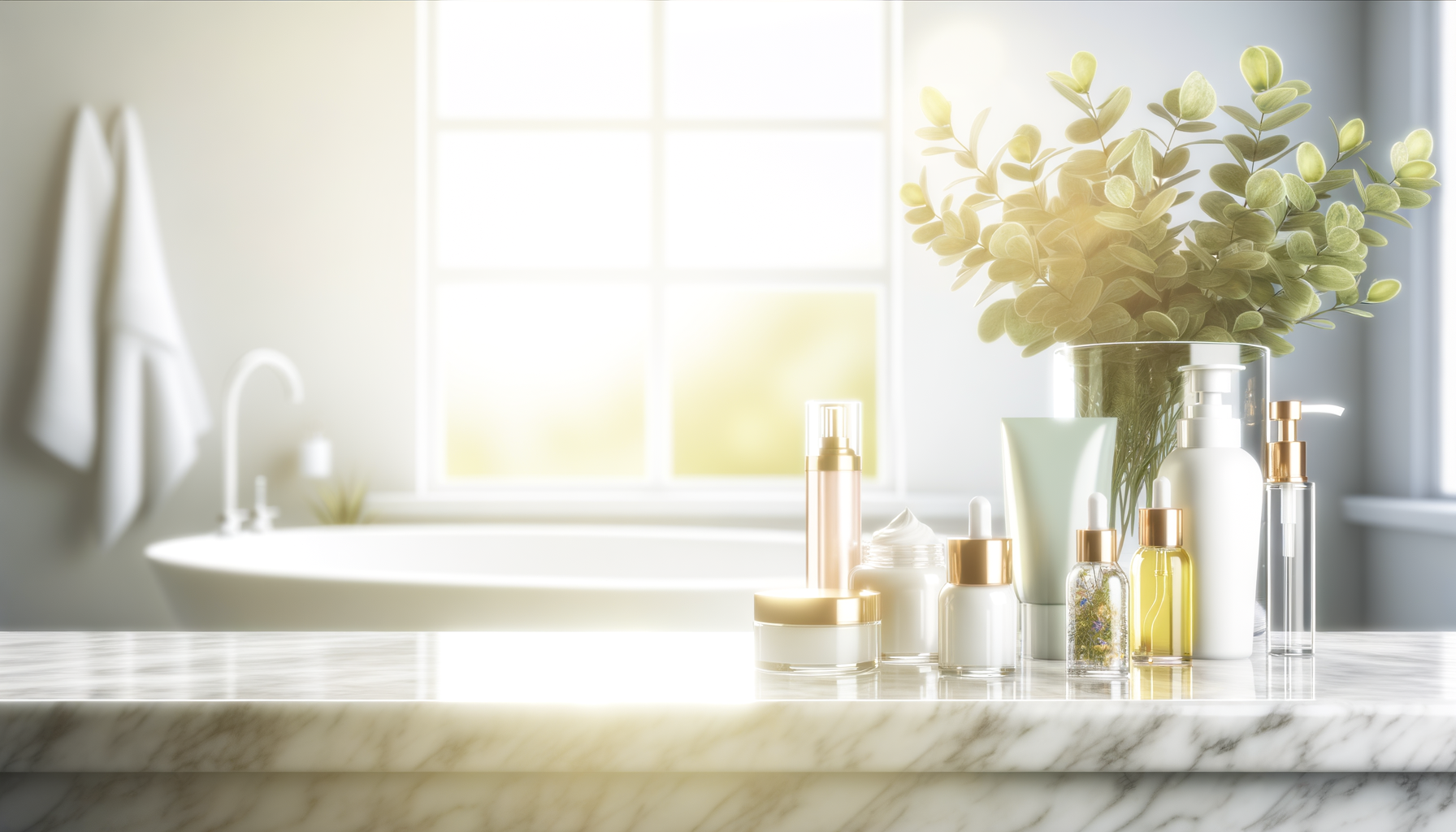
Popular Read: Endocrine Disruptors in Skincare: What You Need to Know
Gentle Cleansing and Exfoliation
Gentle cleansing is essential to remove pollutants and makeup without stripping the skin of its natural oils. Opt for a mild, pH-balanced cleanser that supports the skin’s barrier function. Exfoliation is also important for removing dead skin cells that can lead to dullness. However, it should be done gently to avoid irritation. Chemical exfoliants like alpha-hydroxy acids (AHAs) or beta-hydroxy acids (BHAs) can be effective yet gentle options for exfoliation, promoting cell turnover and revealing brighter, more even-toned skin.
Natural and Chemical-Free Skincare
Benefits of Natural Skincare Ingredients
Natural skincare ingredients are derived from plants, minerals, and other natural sources, offering a gentler and often safer alternative to synthetic chemicals. These ingredients can provide a multitude of benefits for the skin, particularly for individuals over the age of 45, who may experience more sensitivity and dryness due to hormonal changes and decreased natural oil production. Natural ingredients such as antioxidants found in green tea and vitamin-rich botanical oils can help combat free radical damage, which contributes to premature aging. Additionally, natural moisturizers like shea butter and aloe vera offer deep hydration without clogging pores, maintaining skin’s elasticity and reducing the appearance of fine lines.
Identifying and Avoiding Harmful Chemicals
As we age, our skin becomes more permeable and less able to fend off harmful chemicals. It’s crucial to be vigilant about the ingredients in skincare products. Chemicals such as parabens, phthalates, and synthetic fragrances can disrupt the endocrine system and irritate the skin. To protect your skin, look for products with clear ingredient lists and certifications like “organic” or “all-natural.” Avoiding these harmful chemicals can reduce the risk of skin irritation and long-term health issues, ensuring that your skincare routine promotes both beauty and wellness.
Recommended Natural Skincare Practices
- Gentle Cleansing: Use sulfate-free cleansers that don’t strip the skin of its natural oils.
- Hydration: Incorporate hyaluronic acid from natural sources and plant-based oils to maintain skin’s moisture barrier.
- Protection: Opt for mineral-based sunscreens with zinc oxide or titanium dioxide to shield skin from harmful UV rays.
- Antioxidant Support: Apply serums and creams rich in vitamins C and E, and other antioxidants to help repair and protect the skin.
- Exfoliation: Use products with natural exfoliants like fruit enzymes or jojoba beads to gently remove dead skin cells without causing micro-tears.
By embracing these natural skincare practices, individuals over 45 can defend their skin against environmental stressors while nurturing its health and vitality.
By the way, something for you, a little gift!!!
I am just in the middle of publishing my book. It’s about How women can balance their hormones. One part is about food and diet, of course.
Follow this link and enter your email.
I will send you this part of the book for free once the book is published. It has many concrete, practical tips and recipes and will help you feel better during menopause or times of Big hormonal fluctuations.
Annette, Damiva Lead for Health & Wellness

Nutrition and Skin Health
Essential Nutrients for Aging Skin
As the body ages, the skin’s ability to regenerate and repair itself diminishes. A diet rich in essential nutrients can play a pivotal role in maintaining the skin’s elasticity and firmness. Vitamins such as A, C, D, and E are crucial for skin health. Vitamin C, or L-ascorbic acid, is a potent antioxidant that is vital for the synthesis of collagen, a protein that gives skin its structure and strength. Foods like citrus fruits, berries, and leafy greens are excellent sources of vitamin C. Vitamin E, found in nuts and seeds, works synergistically with vitamin C to protect the skin from UV damage and free radicals. Omega-3 fatty acids, present in fish like salmon and plant sources like flaxseeds, strengthen skin cell membranes and preserve moisture, leading to a more supple and youthful complexion.
Anti-Inflammatory Foods and Skin
Inflammation can accelerate the aging process of the skin, leading to the development of wrinkles and loss of elasticity. Incorporating anti-inflammatory foods into the diet can help combat this. Foods rich in polyphenols, such as green tea, dark chocolate, and olives, have been shown to reduce inflammation and protect against skin damage. Additionally, spices like turmeric, which contains the active compound curcumin, have potent anti-inflammatory properties that can benefit the skin’s appearance.
Hydration and Skin Elasticity
Hydration is essential for maintaining skin elasticity and preventing dryness. While drinking adequate water is important, certain foods can also contribute to skin hydration. Cucumbers, watermelon, and oranges are not only high in water content but also contain vitamins and minerals that support skin health. Moreover, foods high in hyaluronic acid, such as bone broth and soy-based products, can help the skin retain moisture and maintain a firm and plump appearance.
By focusing on a diet rich in these key nutrients, individuals can support their skin’s health and combat the visible signs of aging. It’s important to remember that while diet plays a significant role, a holistic approach to skincare, including sun protection and proper skincare routines, is also vital for preserving skin’s youthfulness.
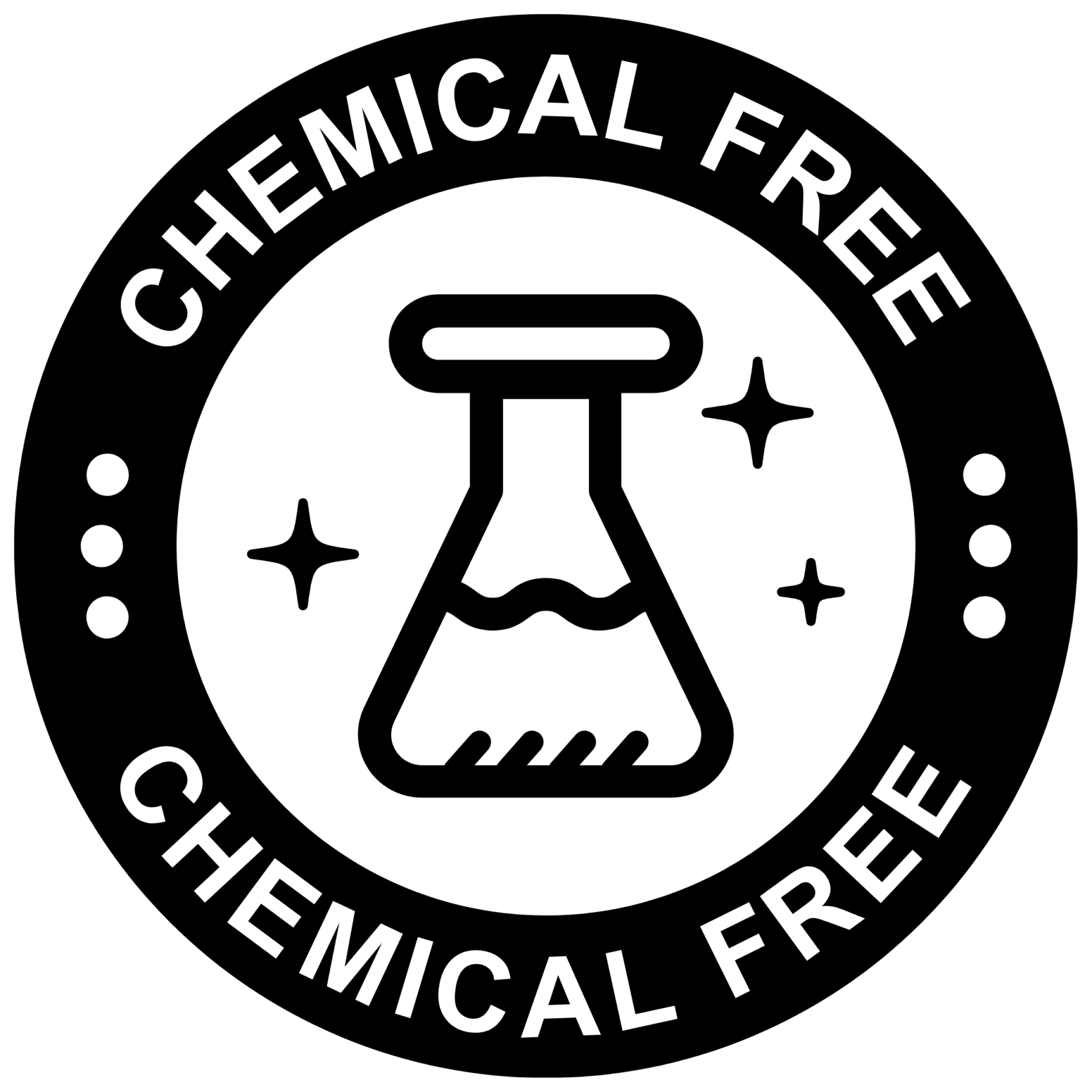
Doubting chemicals in skincare and femcare? Well done! Choose chemical-free products whenever possible.
Lifestyle Adjustments for Skin Care
Stress Management Techniques
Managing stress is crucial for maintaining healthy skin, especially after the age of 45. Chronic stress can trigger skin inflammation, exacerbate existing skin conditions, and accelerate aging. To combat stress, consider incorporating relaxation techniques such as deep breathing exercises, meditation, and yoga into your daily routine. These practices can help lower cortisol levels, reduce inflammation, and promote a sense of well-being, which in turn can lead to healthier, more resilient skin.
Importance of Sleep for Skin Regeneration
Quality sleep is essential for skin health, as it is during sleep that the body repairs and regenerates skin cells. Aim for 7-9 hours of uninterrupted sleep each night to support the natural skin renewal process. A lack of sleep can lead to increased signs of aging, such as fine lines and a lackluster complexion. Establish a calming bedtime routine, keep your bedroom cool and dark, and avoid electronic devices before bedtime to enhance sleep quality and support skin regeneration.
Exercise and Skin Health
Regular physical activity can have a positive impact on skin health. Exercise increases blood flow, which helps nourish skin cells and carry away waste products. It also helps reduce stress, which can decrease the likelihood of stress-related skin issues. Aim for at least 30 minutes of moderate exercise most days of the week. Activities such as brisk walking, cycling, or swimming not only benefit your skin but also improve overall health.
In conclusion, making lifestyle adjustments such as managing stress, prioritizing sleep, and engaging in regular exercise can play a significant role in caring for your skin after 45. These practices help to defend the skin against environmental stressors and support its natural ability to repair and rejuvenate, leading to a healthier, more youthful appearance.

Popular Read: Endocrine Disruptors in Skincare: What You Need to Know
Conclusion
Summarizing Skincare After 45
Throughout this article, we have explored the multifaceted approach necessary to protect and nurture skin after the age of 45 against environmental stressors. We’ve delved into the science behind skin changes during perimenopause and menopause, identified key environmental stressors such as UV radiation, pollution, and extreme weather, and provided strategies for skin protection. The use of daily sunscreen, antioxidant-rich skincare regimens, and maintaining hydration both internally and externally have been emphasized as cornerstones of a comprehensive skincare routine.
Empowering Women to Make Informed Skincare Choices
Empowerment in skincare comes from knowledge and the ability to make informed choices. Understanding the impact of environmental stressors and the physiological changes that occur with aging is crucial. Women over 45 are encouraged to select products and routines that address their specific skin needs, taking into account the increased need for hydration, the benefits of gentle cleansing and exfoliation, and the importance of nutrition for skin health. By doing so, they can not only defend their skin against environmental challenges but also embrace the natural aging process with confidence and grace.
Encouragement to Embrace Natural, Healthy Skincare Routines
Finally, we advocate for the adoption of natural, healthy skincare routines that align with the body’s innate processes. The use of natural skincare ingredients, avoidance of harmful chemicals, and the incorporation of essential nutrients through diet all contribute to a holistic approach to skincare. Stress management, adequate sleep, and regular exercise further support skin health, creating a well-rounded lifestyle that reflects on the skin’s appearance and resilience. By embracing these practices, women can create a skincare routine that not only combats the effects of environmental stressors but also promotes overall well-being.
In conclusion, defending the skin after 45 is an act of self-care that goes beyond the surface. It is about making informed choices, understanding the changes that come with aging, and adopting a lifestyle that supports skin health from the inside out. With the right knowledge and tools, women can protect their skin against environmental stressors and age with vitality and radiance.

